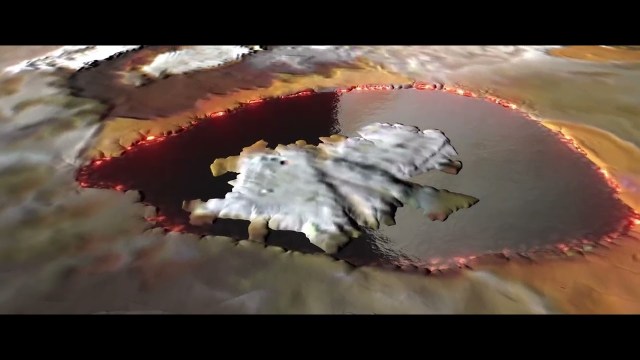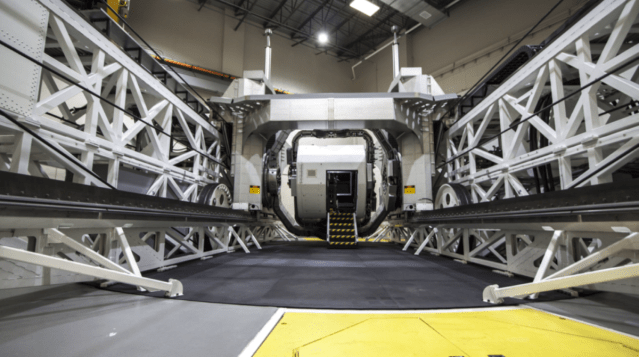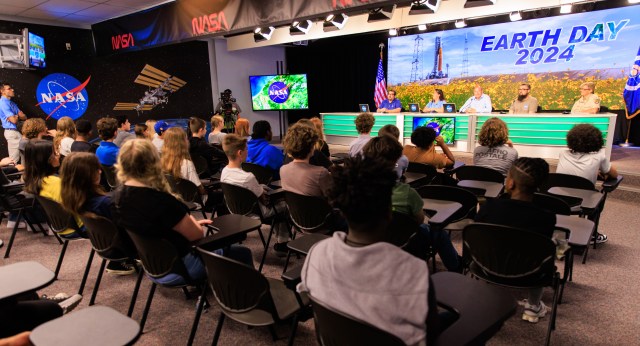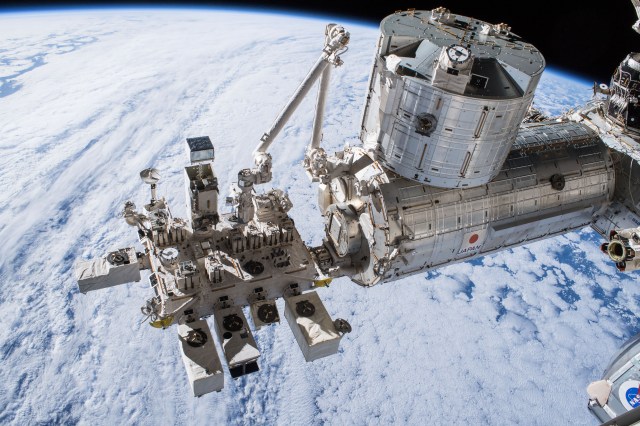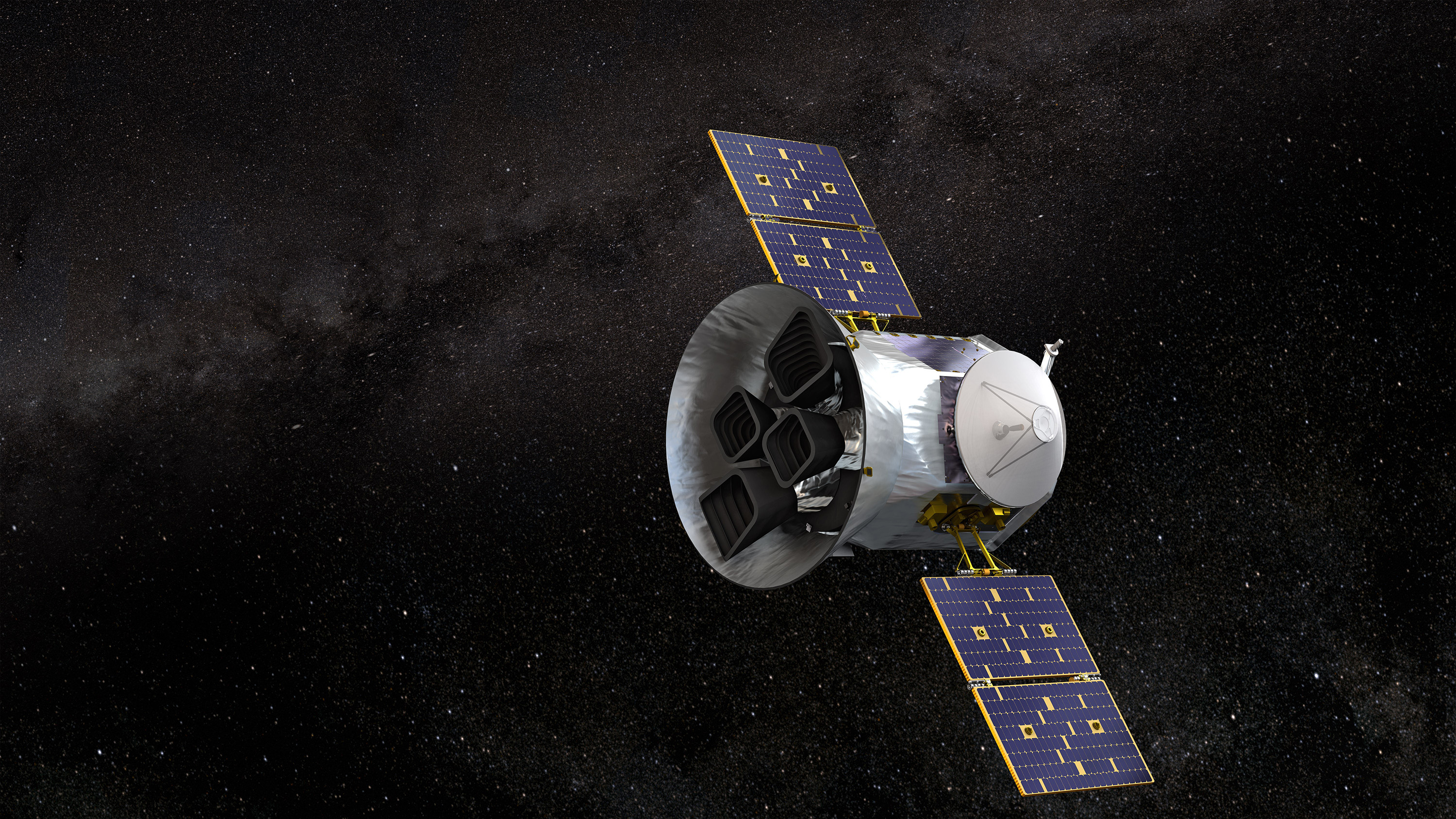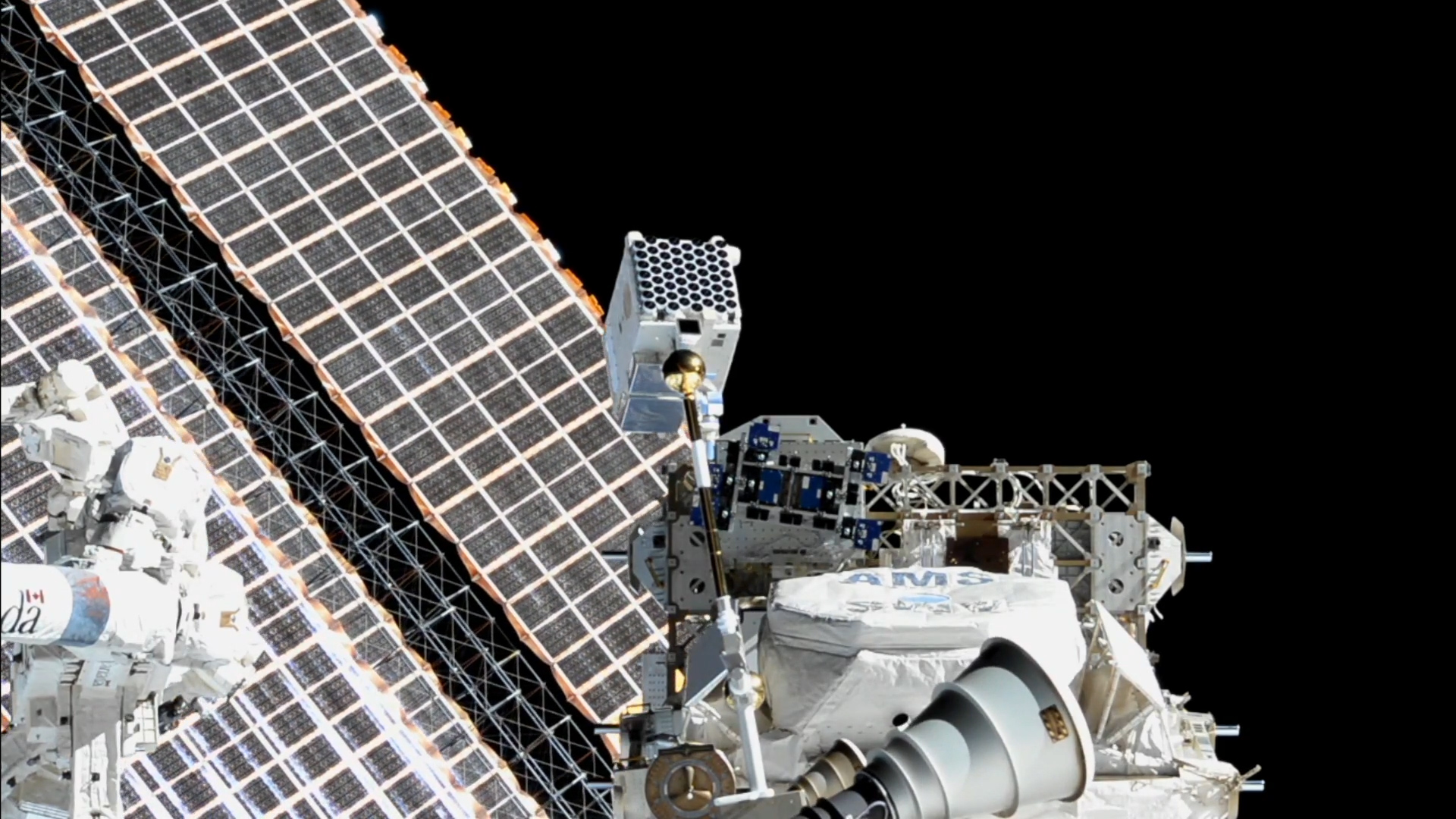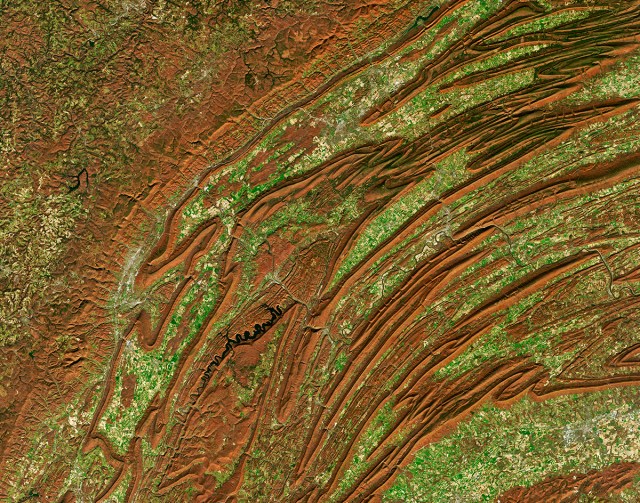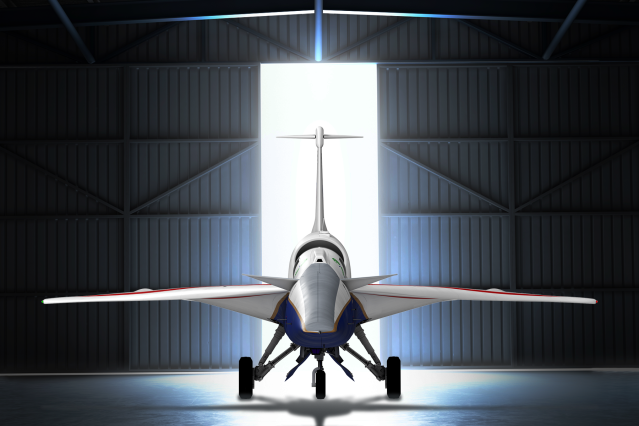Representatives from 21 aviation research organizations around the world came together this week at NASA’s Ames Research Center at Moffett Field, California to explore solutions for many of today’s most significant aviation challenges.
Hosted this year by NASA, the sixth annual International Forum for Aviation Research (IFAR) Summit, which wrapped up Thursday, provided a non-competitive environment where global aviation leaders evaluated the progress of technical collaborations on issues. These included the environmental impacts of aviation; alternative fuels research; developing a global approach to air traffic management research; supersonic aircraft; and wind tunnel testing. The IFAR Steering Committee also proposed a strategy to ensure the group’s long-term sustainability.
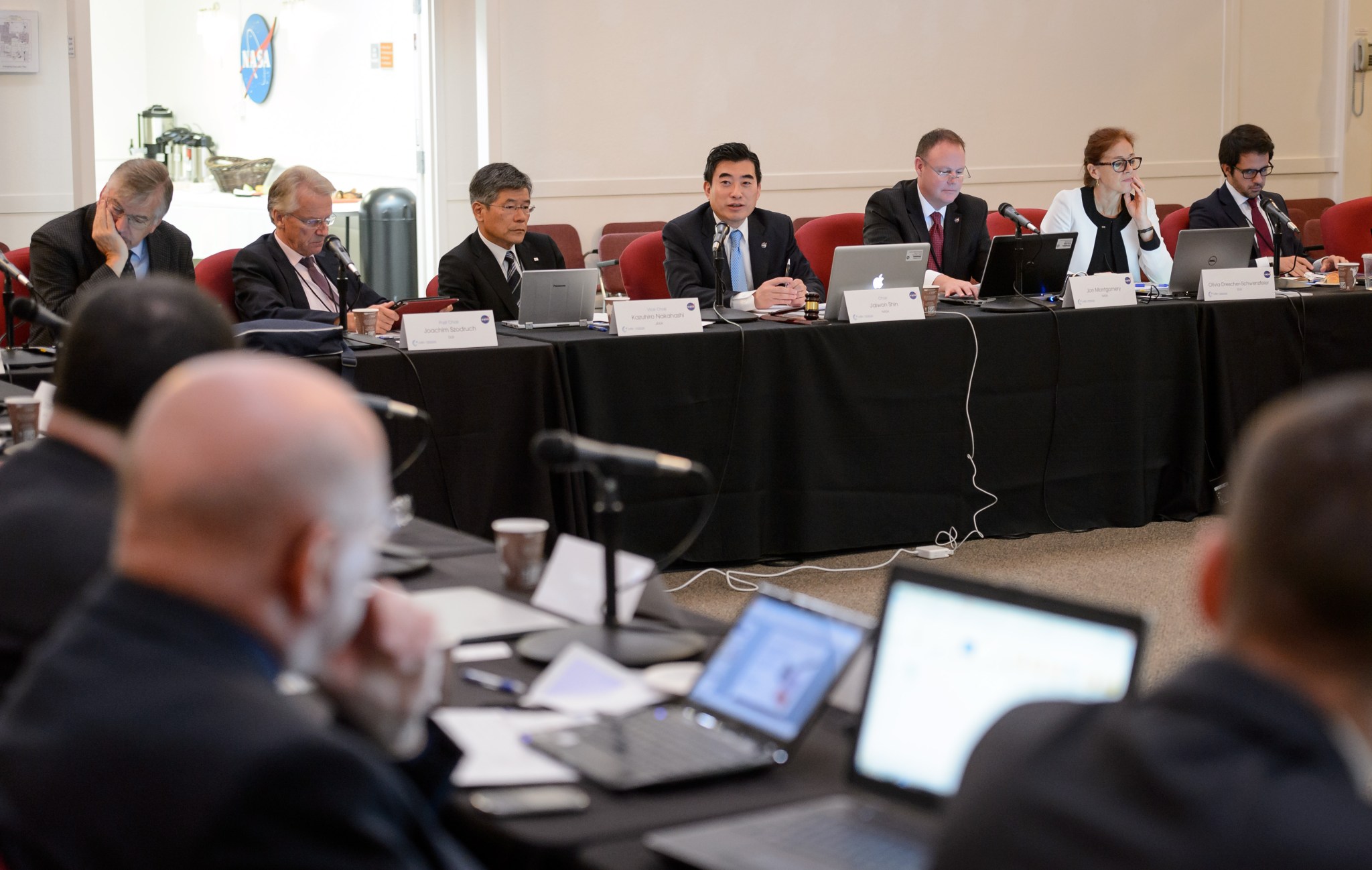
“IFAR membership is growing and the group is maturing with every passing year,” said Jaiwon Shin, associate administrator of NASA’s Aeronautics Research Mission Directorate in Washington and current IFAR chair. “More and more countries understand that forming a cohesive group to leverage our respective resources can make real progress on solving many of the global aviation issues we all face.”
IFAR participants commended NASA for its leadership in alternative fuels and air traffic management research and development, and its supersonics working groups. They agreed these working groups should continue their important work for the foreseeable future. Research into aircraft efficiency, noise and weather, which is led by the German Aerospace Center, French aerospace lab ONERA, and Netherlands Aerospace Centre also were highlighted as focus areas warranting innovative collaborations.
In addition to its scientific and technical expertise, IFAR promotes exchanges among young aviation scientists and engineers. During a Young Researchers Conference held at this year’s summit, 18 participants from the United States, Germany, Japan, Canada, Romania, South Korea and Portugal exchanged views on the future of aviation as contributions to IFAR´s own vision.
The next IFAR summit will be hosted in the fall of 2016 by the Korea Aerospace Research Institute in Daejeon, Republic of South Korea.
For more information about IFAR, go to:
http://www.ifar.aero
For more information about how NASA is with you when you fly, visit:
https://www.nasa.gov/aeronautics
-end-
J.D. Harrington
Headquarters, Washington
202-358-5241
j.d.harrington@nasa.gov






